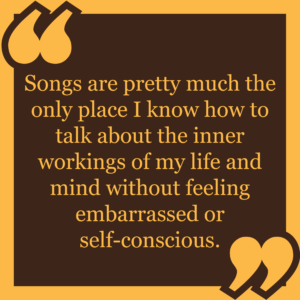 Name: Lauren Winnenberg
Name: Lauren Winnenberg
Hometown: San Diego, CA
Current Location: Brooklyn, NY
TrunkSpace: When did you know that you wanted to act for a living?
Winnenberg: When I was a kid I was a dancer. Most of my middle school experience was spent in a studio between dance classes, but my entire life I was the kid who wanted to be in the front of the Christmas program… who would audition for the big roles in my school plays. I even remember coercing my little brother into putting on performances for my parents. I remember sticking him in old dance costumes of mine or my mother’s and trying to convince him that sequins weren’t girly or lame. I think I knew I wanted to perform and produce for a living when I figured out that people could actually do that. I remember learning in middle school about college and things I could study and learning that I could go to school for dance or singing or acting and never have to open a math book again and being so excited about that kind of future.
TrunkSpace: Was there a particular performance or actor/actress from your childhood that you remember being drawn to and inspired by?
Winnenberg: Not an actor per say, but I will always remember a performance when I was in the 7th grade. I saw a youth theater production of “Joseph and the Amazing Technicolored Dreamcoat” and watched this teenage girl play Potiphar’s Wife in a flapper dress while tap dancing and I was enthralled. I grew up Christian and had heard the story of Joseph a billion times before, but seeing how that character in a story I knew so well could be portrayed so differently than anything else I had ever experienced before, I realized how actors had an agency and power to take a character and transform into something entirely their own. I wanted to do whatever it was that she was doing.
TrunkSpace: How did you decide to approach your career as an actor? Did you formulate a plan of how you wanted to attack what is known for being a hard industry to crack?
Winnenberg: My approach has been completely trial and error honestly. I found myself where I am now because after I moved to New York I had decided to let go of acting for a while. When I moved, I made sure to find the most creative neighborhoods to live in Brooklyn and was surrounded by the arts. From theatre shows to improv groups to drag shows, there was just so much passion everywhere. I focused on my ambitions in playwriting and directing, dabbled in production and arts administration, and after not needing to act to survive, I found my passion for the craft again. I started reading for people for fun, and I got back to this childlike discovery of being an actor. I joined Theatre 68, a theater company, and started performing scenes, and now I’ve come back to being an actor again, but from the perspective that this is what I love, not a means to being a successful adult. Additionally, I now see acting as one of many art forms I can work in, and not just one thing I do. Yes I act, but now I also do performance art, I sing, I write, I create. Acting is a tool for me to create, to express myself, to try new things, but I don’t rely on it for everything, including a paycheck. I have many different entry points into “the industry” and a career in the arts.
TrunkSpace: When did you decide to move away from your home and pursue acting as a career? How old were you at the time?
Winnenberg: When I was 17 I left home and started college about an hour and a half away from my parents. I was studying Theatre Arts at Concordia University Irvine. That’s how I started exploring the Southern California / LA area and what they had to offer. I stayed in Anaheim for a year after graduating in 2014, and after trying to find work, a path for my work and not feeling successful or satisfied with what I was doing, I applied for an MA program at NYU Tisch in Arts Politics. And I got in. So at 22, I moved to New York.
TrunkSpace: Was that move an easy transition for you initially? How long did it take you to feel at home and find a good support group of friends and peers?
Winnenberg: I actually grew up a military kid. I’m 24 and I’ve lived in 10 different cities over the course of my life, some being in different countries. So the actual aspect of moving has never really being a shock for me as it’s something I’ve had to do my whole life. But that’s not to say I wasn’t gifted a huge blessing. Around the same time I got into NYU, three of my friends from undergrad were getting ready to graduate and possibly drop everything and move to New York. And I needed roommates. So we connected back with them and our family of four moved to New York. And honestly, I couldn’t do the first few months without them. I don’t know if it was being in Grad School or being in New York, but it was a lot to process. I also started reaching out to theater companies I wanted to work with and people I wanted to get to know, and then I started finding people who would not only be future artistic partners, but they became my support group. I also ended up finding people I had no desire to work with again, which out of that frustration was how I found my family of actors at Theatre 68, and they are exactly that, family.
TrunkSpace: What has been your biggest break in terms of a particular role or project thus far?
Winnenberg: I started a theater company! One of the friends I met during a show I worked on last winter brought up the prospect of starting something with me and another colleague of hers. We had all been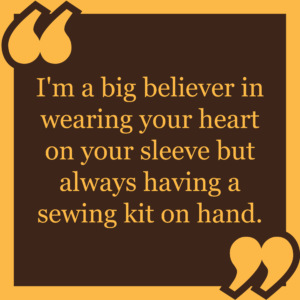 workshopping an adaption of “Macbeth” together over the summer, and we found something special artistically with the four of us we wanted to pursue. So we sat in her Upper West Side studio apartment in the middle of August and devised this thing, Salty Corkscrew. Currently, we’re working on getting up a Short Play Festival (April 23rd), which will feature work I’ve personally written as well as some other playwrights, and being in a reading setting creating acting opportunities for actors we want to work with and for ourselves. Starting a company really gives you perspective on your own insecurities as an actor. You don’t have time to muse over whether or not you’re good enough when you’re also producing the damn thing and need an actor! And it gave me a way to explore new roles and kinds of work without having to go through the stress of auditioning.
workshopping an adaption of “Macbeth” together over the summer, and we found something special artistically with the four of us we wanted to pursue. So we sat in her Upper West Side studio apartment in the middle of August and devised this thing, Salty Corkscrew. Currently, we’re working on getting up a Short Play Festival (April 23rd), which will feature work I’ve personally written as well as some other playwrights, and being in a reading setting creating acting opportunities for actors we want to work with and for ourselves. Starting a company really gives you perspective on your own insecurities as an actor. You don’t have time to muse over whether or not you’re good enough when you’re also producing the damn thing and need an actor! And it gave me a way to explore new roles and kinds of work without having to go through the stress of auditioning.
TrunkSpace: Is there a specific type of role you’d like to take on or a specific genre that you feel more at home in?
Winnenberg: I love crazy, bitchy, powerful women. I love writing them. I love playing them. I think there’s so much that can be done with a flawed female character and that is so fun for me to explore. My comfort zone has always been theater (if you can’t already tell). A few weeks ago I was in a web series for a friend of mine and it was exciting and terrifying at the same time because I had done so little on camera. Genre-wise, my Masters was in Arts Activism and Socially Engaged Art, but what I like to do tends to straddle/ blur the lines of socially/ politically conscious and entertainment. I love working with dark humor and comedy, I think it’s a magical tool to comment on social and politically issues without completely sacrificing the enjoyment of a piece.
TrunkSpace: What would you say is the greatest strength an actor/actress can have outside of acting ability itself?
Winnenberg: Resilience. You will get so far as an actor, as someone in the arts, as a person, if you’re able to find the parts of you that are tough and scrappy and lean into those. You have to be able to both get your fulfillment from being an artist and at the same time not fully rely on it. Being flexible enough to try new things and put some things down for a while to come back later. But you can’t give up. You have to keep going. You have to still get out of bed in the morning. You have to keep fighting. And you can’t let it make you hard.
TrunkSpace: What is your ultimate dream when it comes to your acting career? Where would you like your path to lead?
Winnenberg: I want a show at the Public. Either I want to direct one, write one, or both. I want to be running a theater company that can support myself and others. And I want to be able to have the freedom to direct one show, act in another, and produce or write one. I want to become a strong enough playwright where I can direct my own work. I want an all-female production of “Glengarry Glenn Ross” on Broadway (and I would either be acting in it or directing it). I want to be at the place where I can balance acting, directing and writing.
Also, if I ever got to be on Broad City or do ANYTHING (like even ordering coffee) with Rachel Bloom I’d probably pee myself from excitement.
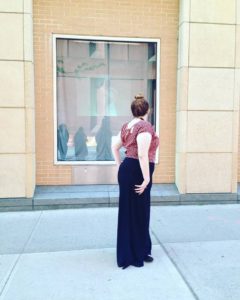
TrunkSpace: What advice would you give another young aspiring actor/actress who is considering moving away from home to pursue their dream?
Winnenberg: Just do it. You will never be “ready” so why wait?
And don’t be afraid to rely on people, your friends are the family you have as an adult. You don’t have to have everything together and you probably won’t ever. Ask for help. Don’t be afraid to trust people and open yourself up. Maybe you’ll get hurt easier, but an authentic connection with another person is necessary and can’t be faked. I’m a big believer in wearing your heart on your sleeve but always having a sewing kit on hand.
TrunkSpace: Where can people (and casting directors) learn more about you?
Winnenberg: I will be Directing and Acting in two plays for Theatre 68’s One Act Festival at the end of March/ beginning of April and for future projects you can…
Check out my website at www.laurenwinnenberg.com
And you can find Salty Corkscrew on Facebook for events and future productions!
Also you can follow me on Social Media:
Twitter: Nutty_Brunette
Instagram: MissLaurenDanlow


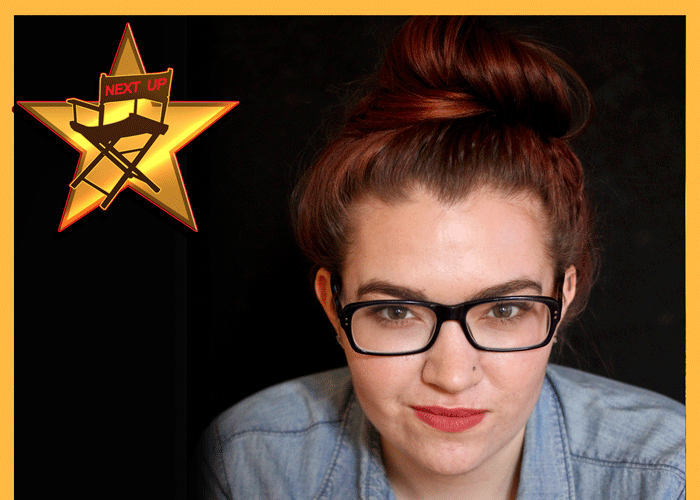
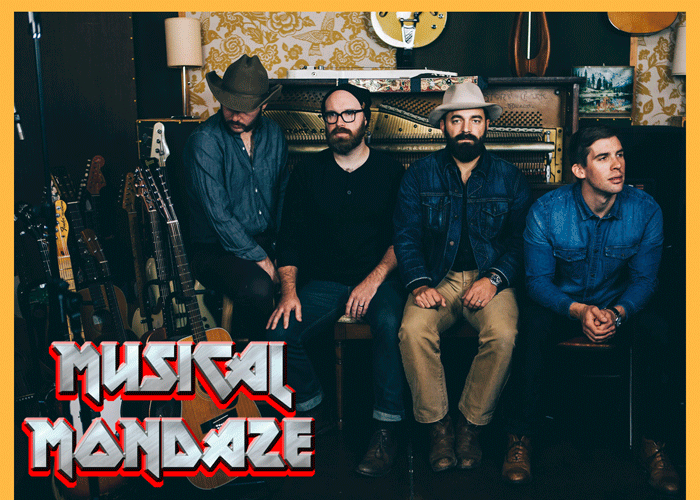

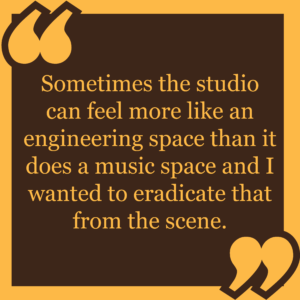 that stage?
that stage?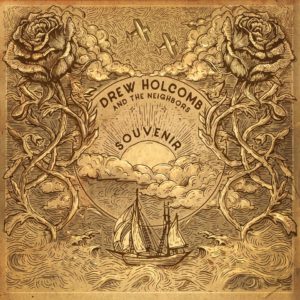 TrunkSpace: With four kids on those road trips, did you guys fight over what type of music you’d listen to?
TrunkSpace: With four kids on those road trips, did you guys fight over what type of music you’d listen to?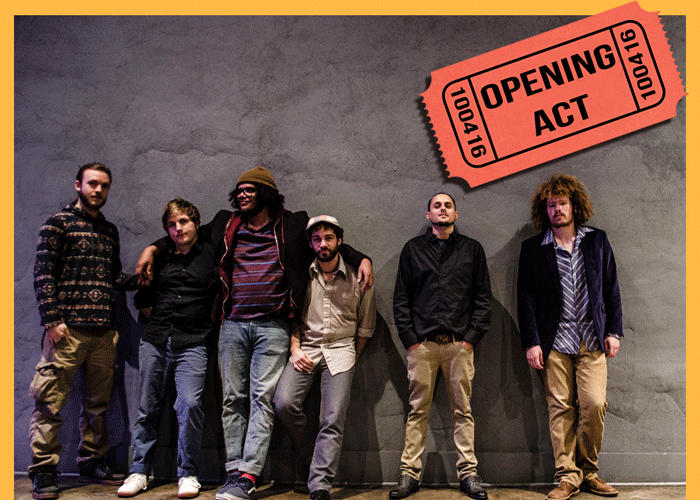
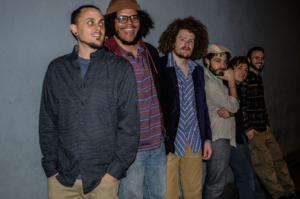 Artist/Band: Natural Born Leaders
Artist/Band: Natural Born Leaders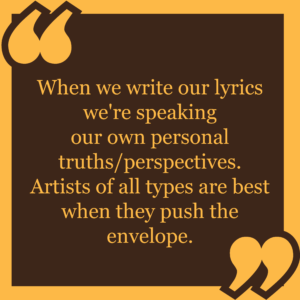 an equal and opposite reaction.”
an equal and opposite reaction.”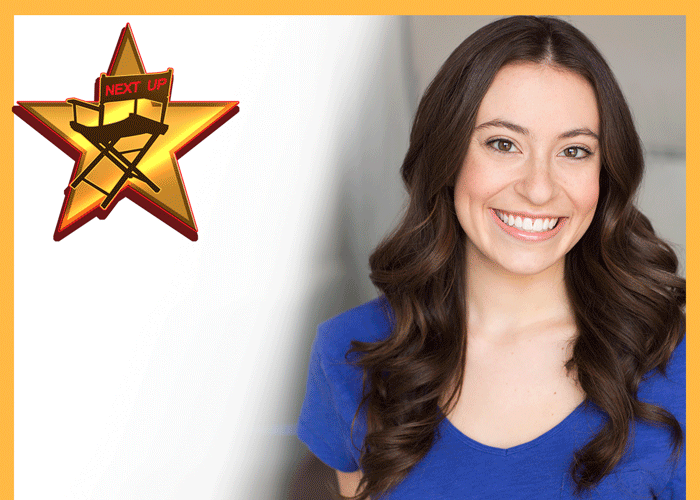
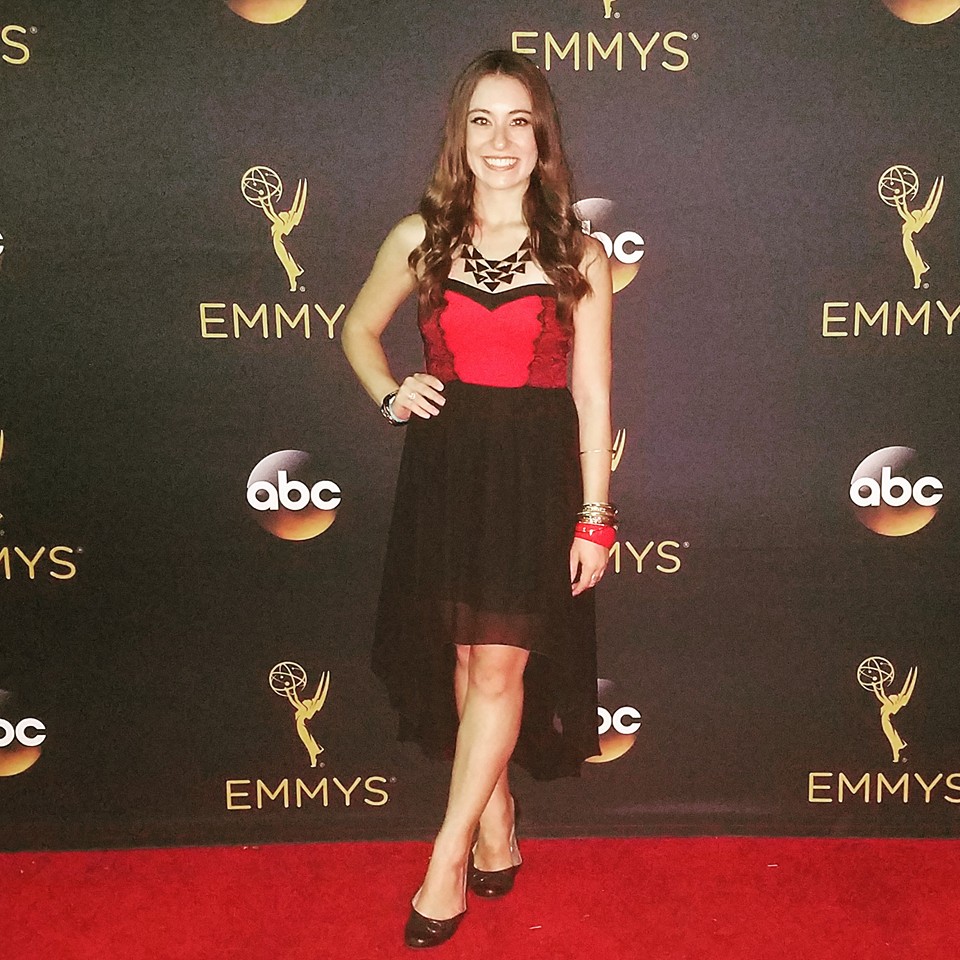 Name: Gina Omilon
Name: Gina Omilon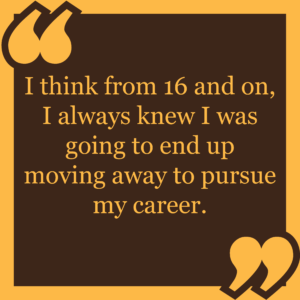 right. Plus, my family and I are huge travelers so I felt comfortable going outside of Canada as I was already used to traveling. My mom herself moved from Italy to Canada, so I feel like I’m a younger version of her moving from Canada to the United States.
right. Plus, my family and I are huge travelers so I felt comfortable going outside of Canada as I was already used to traveling. My mom herself moved from Italy to Canada, so I feel like I’m a younger version of her moving from Canada to the United States. I will reach all those goals, there’s never been any doubt in my mind about that. Might not be soon, but it will happen. I refuse to live by any other mindset. It’s “not if, but when.” My high school technical theater teacher said that to me about my future when I graduated and I’ll never forget.
I will reach all those goals, there’s never been any doubt in my mind about that. Might not be soon, but it will happen. I refuse to live by any other mindset. It’s “not if, but when.” My high school technical theater teacher said that to me about my future when I graduated and I’ll never forget.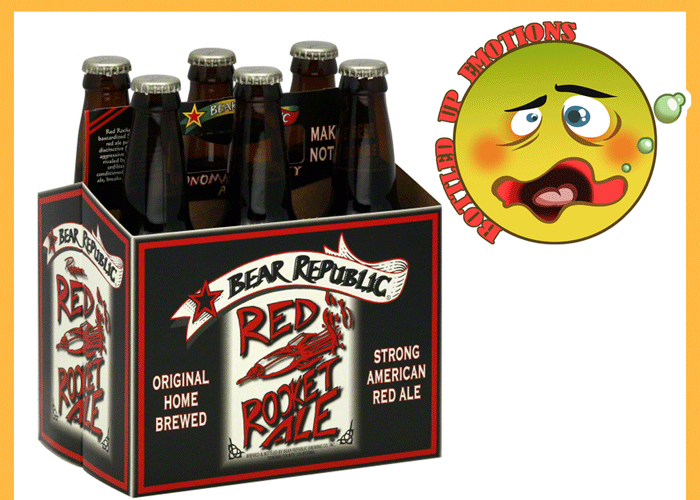
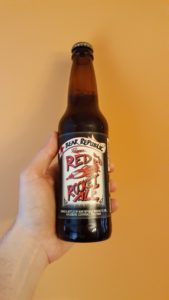 Brewer:
Brewer: 
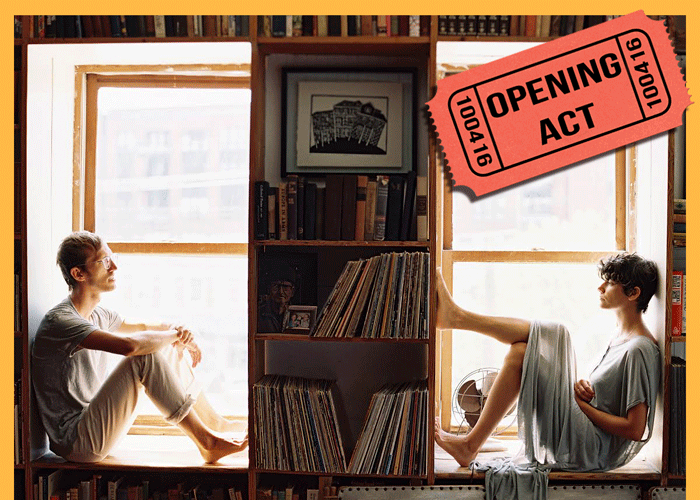
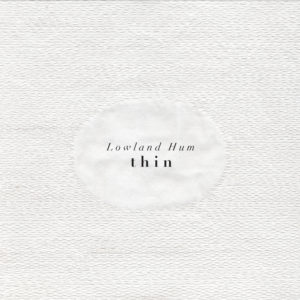 Artist/Band: Lowland Hum
Artist/Band: Lowland Hum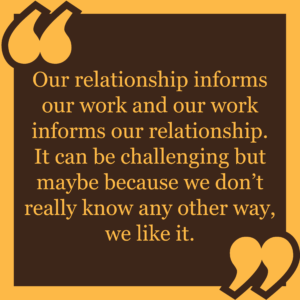 emotion with?
emotion with?

 environment than say, film?
environment than say, film?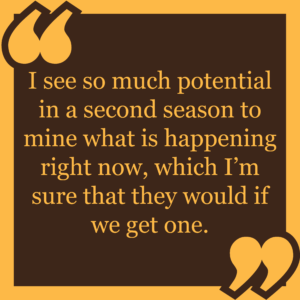 TrunkSpace: And you actually did some stand-up comedy as well, correct?
TrunkSpace: And you actually did some stand-up comedy as well, correct?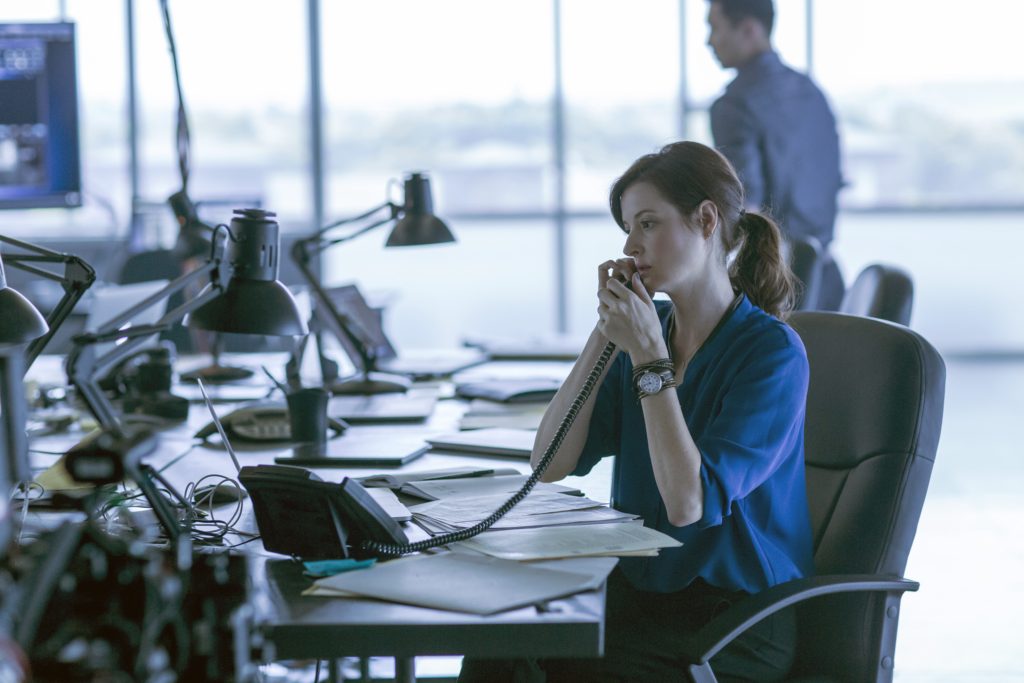
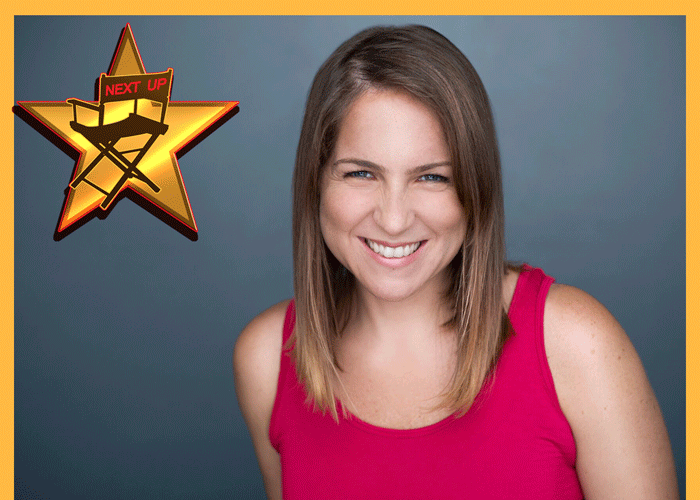
 Name: Mariel Matero
Name: Mariel Matero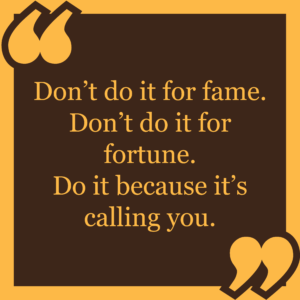
 TrunkSpace: What is your ultimate dream when it comes to your acting career? Where would you like your path to lead?
TrunkSpace: What is your ultimate dream when it comes to your acting career? Where would you like your path to lead?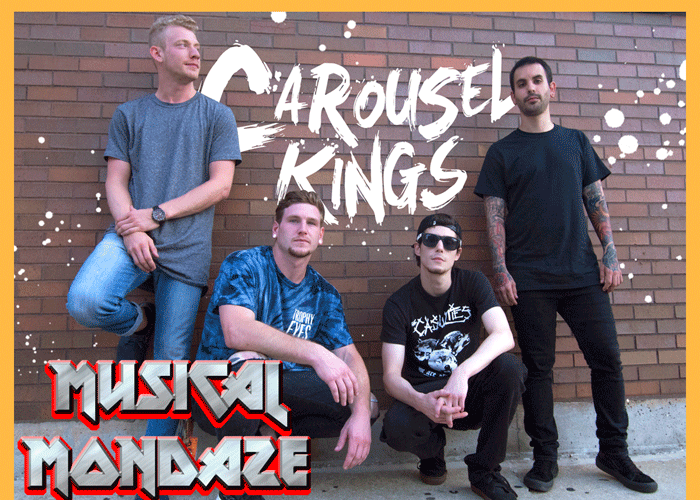
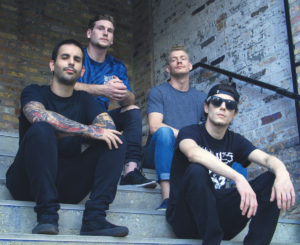 You don’t have to be in a funk just because it’s Monday. Instead, get funky!
You don’t have to be in a funk just because it’s Monday. Instead, get funky!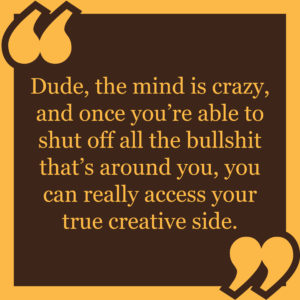 sustain things throughout the years and keep it fresh?
sustain things throughout the years and keep it fresh?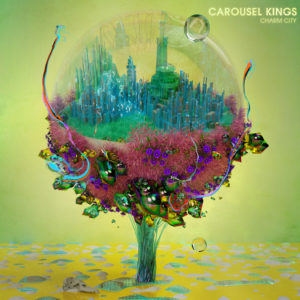 TrunkSpace: In terms of how the process of “Charm City” came together, is that a process that you’d like to apply to future albums?
TrunkSpace: In terms of how the process of “Charm City” came together, is that a process that you’d like to apply to future albums?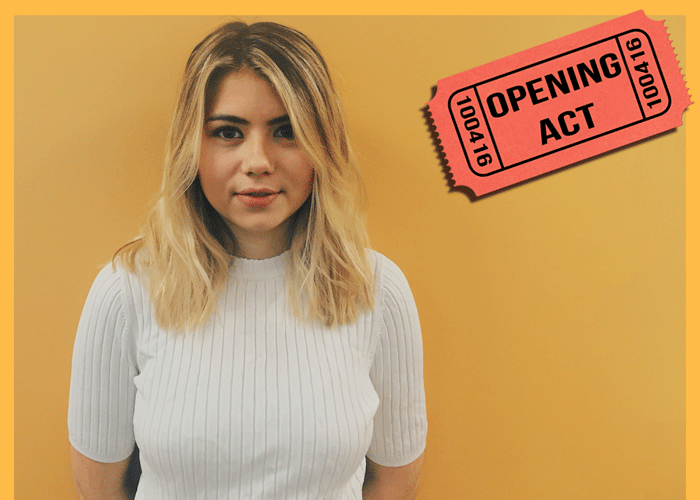
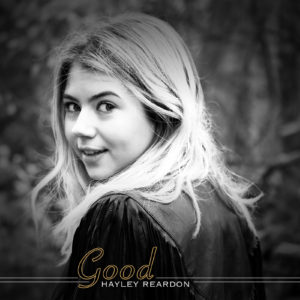 Artist/Band
Artist/Band